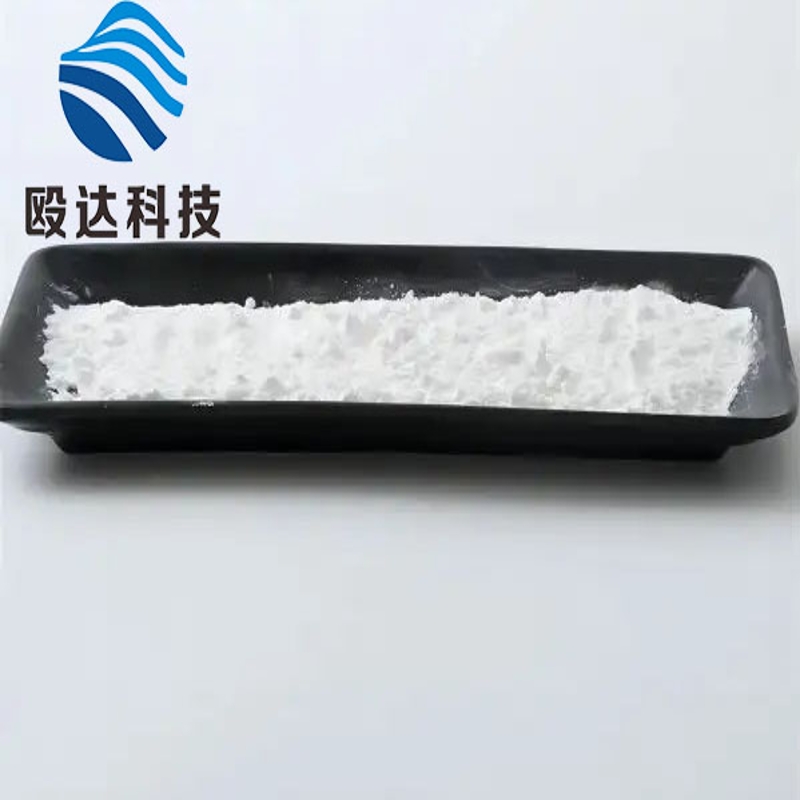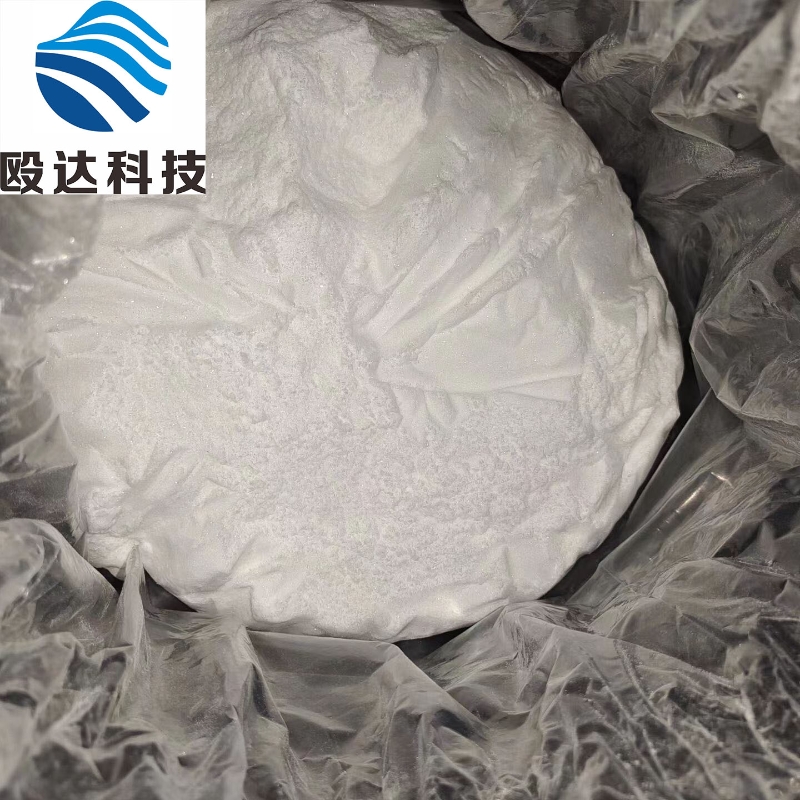-
Categories
-
Pharmaceutical Intermediates
-
Active Pharmaceutical Ingredients
-
Food Additives
- Industrial Coatings
- Agrochemicals
- Dyes and Pigments
- Surfactant
- Flavors and Fragrances
- Chemical Reagents
- Catalyst and Auxiliary
- Natural Products
- Inorganic Chemistry
-
Organic Chemistry
-
Biochemical Engineering
- Analytical Chemistry
- Cosmetic Ingredient
-
Pharmaceutical Intermediates
Promotion
ECHEMI Mall
Wholesale
Weekly Price
Exhibition
News
-
Trade Service
Immunotherapy is one of the most important and promising treatments in oncology.
mainly depends on the ability of the regulated immune system to eliminate cancer cells.
anti-PD-1 (procedural death subject 1)/PD-L1 (procedural death liant 1) monoclonal antibody (mAb) showed significant clinical anti-tumor efficacy.
, however, a reasonable combination strategy is needed to extend clinical benefits to primary drug-resistant tumors.
a well-combined clinical trial must be based on a deep understanding of key immune cell populations and the intracological dynamics of these cells.
unfortunately, there is a lack of detailed information on how these key populations change over time in the tumor micro-environment.
, the study aims to compare intracular dynamics differences in the subsystress of key immune cells receiving a range of immunotherapy treatments.
The evaluation of immunogenicity of the TC-1/A9 tumor model was carried out in combination with immunotherapy with different anti-tumor properties in the non-inflammatory tumor model TC-1/A9 to compare the dynamic differences of immune cells in the tumor microenviron environment.
all possible therapeutic combinations of HPV (human papillomavirus) E7 long peptides, PIC (polysemino acid-polycytosides) and anti-PD-1 mAb were used in mouse models.
over time, assess tumor growth and dynamics of the relevant immune cell population.
results showed that HPV E7 long peptides and PIC were given in the tumor and the systemic anti-PD-1 mAb treatment was carried out to achieve maximum anti-tumor efficacy.
the intracular immune cell dynamics of the tumor in this combination are mainly reflected in the bi-phase immune response.
the initial increase in inflammatory myelin cells can lead to a further increase in the effect of CD8-T lymphocytes on the 8th day.
further studies have shown that a deficiency of myelin cells or CD8-T lymphocytes reduces the anti-tumor efficacy of the treatment combination.
effects of myelin cells on the anti-tumor activity of triple therapy, the results revealed that in non-inflammatory tumor models, the anti-tumor efficacy of successful immuno combination therapy was regulated by myelin-like cell remodeling of early inflammatory processes.







